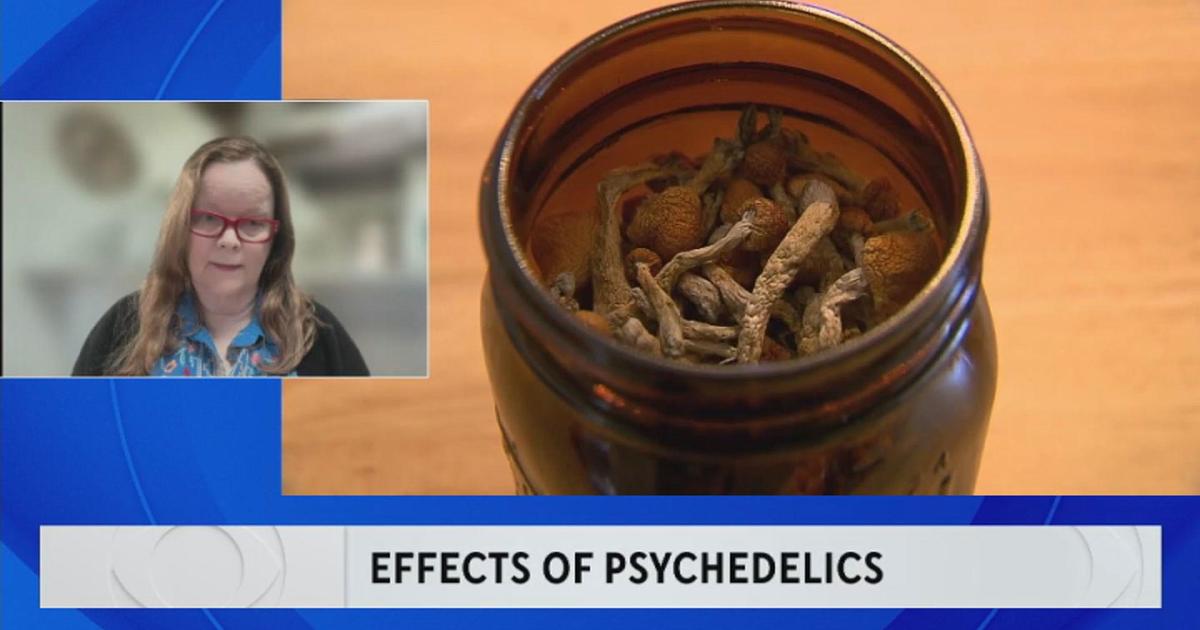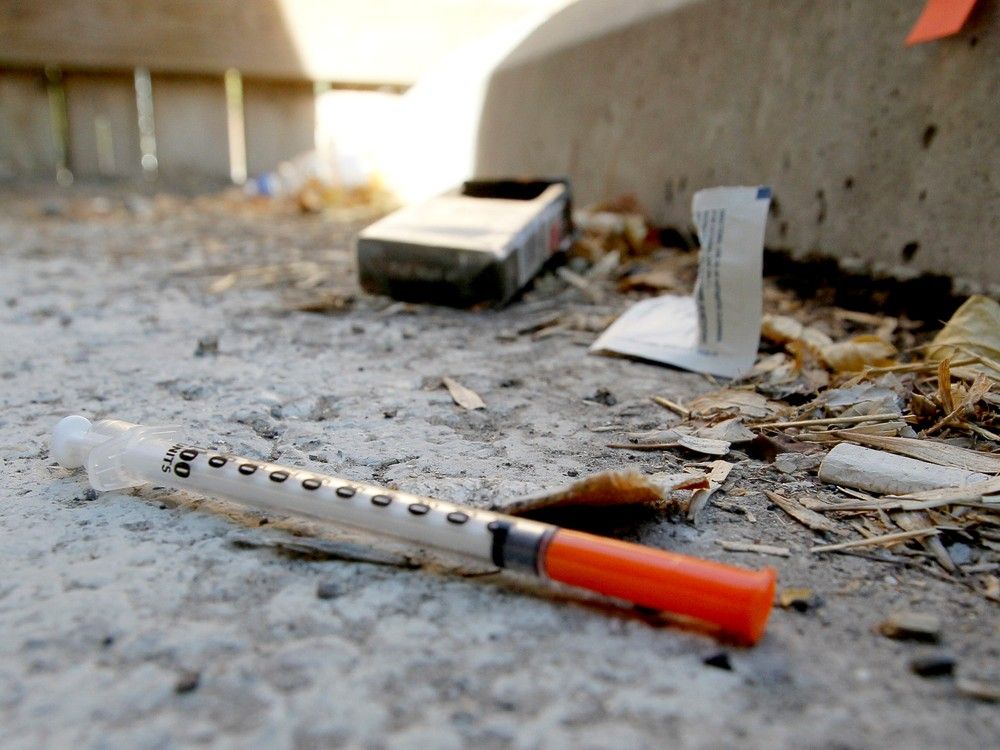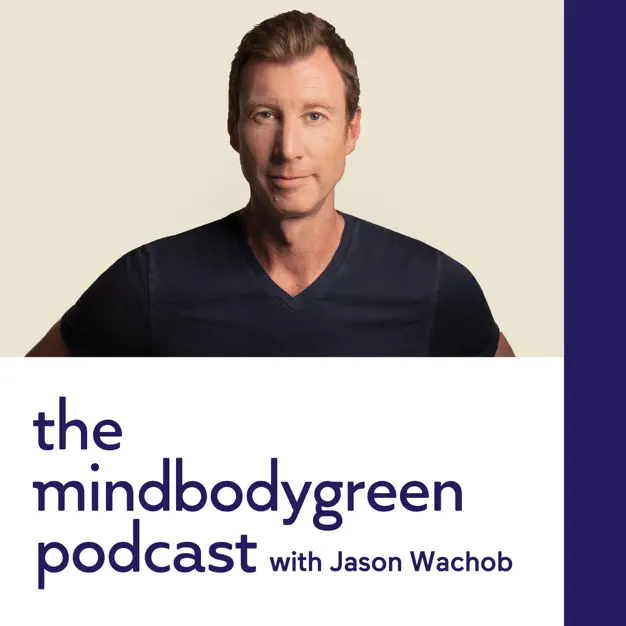News Mentions for the week of September 19, 2023
Our experts are often called upon to provide insight on current events and topics in the news. Here are some of the articles Stanford Psychiatry faculty have contributed to or been quoted in recently.
- Stanford Center for Innovation in Global Health
Celebrating Women Leaders in Climate and Health
Stanford Center for Innovation in Global Health Celebrating Women Leaders in Climate and Health - Global Health In recognition of Women in Medicine Month this September, Stanford’s Center for Innovation in Global Health is celebrating female leaders working at the intersection of climate change and medicine. A recent publication led by the Stanford Center for Innovation in Global Health underscored that increased female leadership in this space can help increase cooperation and expedite equitable solutions to this global threat. Britt Wray, instructor of psychiatry and behavioral sciences, provides comment.
- Stanford Office of Postdoctoral Affairs
Meet the 2023 Stanford Postdoc JEDI Champions
Stanford Postdoc JEDI Champion Awards are a recognition of current Stanford University postdoctoral scholars who have championed initiatives, activities, or efforts that advance justice, equity, diversity, and inclusion at Stanford and beyond. Congratulations to Stephanie Balters, postdoctoral scholar in psychiatry and behavioral sciences, one of the 2023 award recipients!
- Laughing Squid
How the Circadian System in Your Brain Determines If You’re an Early Bird or Night Owl
This TED-Ed lesson, written by Jamie Zeitzer, professor of psychiatry and behavioral sciences, explains how the circadian system within the human brain determines sleep cycles and ponders whether or not a sleep pattern can be changed.
- Breakthrough Discoveries (BD²)
BD² Announces $18 Million in Grants to Understand Biology of Bipolar Disorder
BD²: Breakthrough Discoveries for Thriving with Bipolar Disorder recently announced its first round of Discovery Research grants, totaling $18 million, bringing greater collaboration and focused funding to the field of bipolar disorder. Congratulations to the study team at Stanford, led by Julie Kauer, professor of psychiatry and behavioral sciences.
- CBS News
Effects of psychedelics
A bill that would decriminalize the use of magic mushrooms and other natural psychedelics is on Gov. Gavin Newsom's desk after a measure passed the state legislature. Trisha Suppes, professor of psychiatry and behavioral sciences, discusses the potential benefits and pitfalls of psychedelic use.
- Calgary Herald
Compassionate intervention for addiction saves lives
The international evidence is clear, says guest writer Keith Humphreys, the Esther Ting Memorial professor of psychiatry and behavioral sciences: compassionate intervention for drug addiction can work.
- NPR
People who adopt healthy habits can reduce risk of depressive episodes, studies say
New science adds to the evidence that having a sense of purpose and a hobby can help boost your spirits — even for people who are prone to depression. Douglas Noordsy, clinical professor of psychiatry and behavioral sciences and Director of Lifestyle Psychiatry, provides comment and is quoted in this follow up post.
- Runner's World
Does Running at Night Make for a Bad Night’s Sleep?
Experts offer advice for those struggling to fall asleep postrun. Scott Kutscher, clinical associate professor of psychiatry and behavioral sciences, provides comment.
- The mindbodygreen Podcast
How to use self-hypnosis for anxiety, sleep & more
David Spiegel, the Jack, Lulu, and Sam Willson Professor of psychiatry and behavioral sciences, who has spent over 40 years studying hypnosis, joins the mindbodygreen podcast to discuss the very real science behind the therapeutic tool.
- EverydayHealth.com
Shorten Jet Lag With a Solid Breakfast in Your New Time Zone
Researchers find that resetting your ‘gut clock’ could help your body and brain adjust more quickly. Jamie Zeitzer, professor of psychiatry and behavioral sciences, provides comment.









